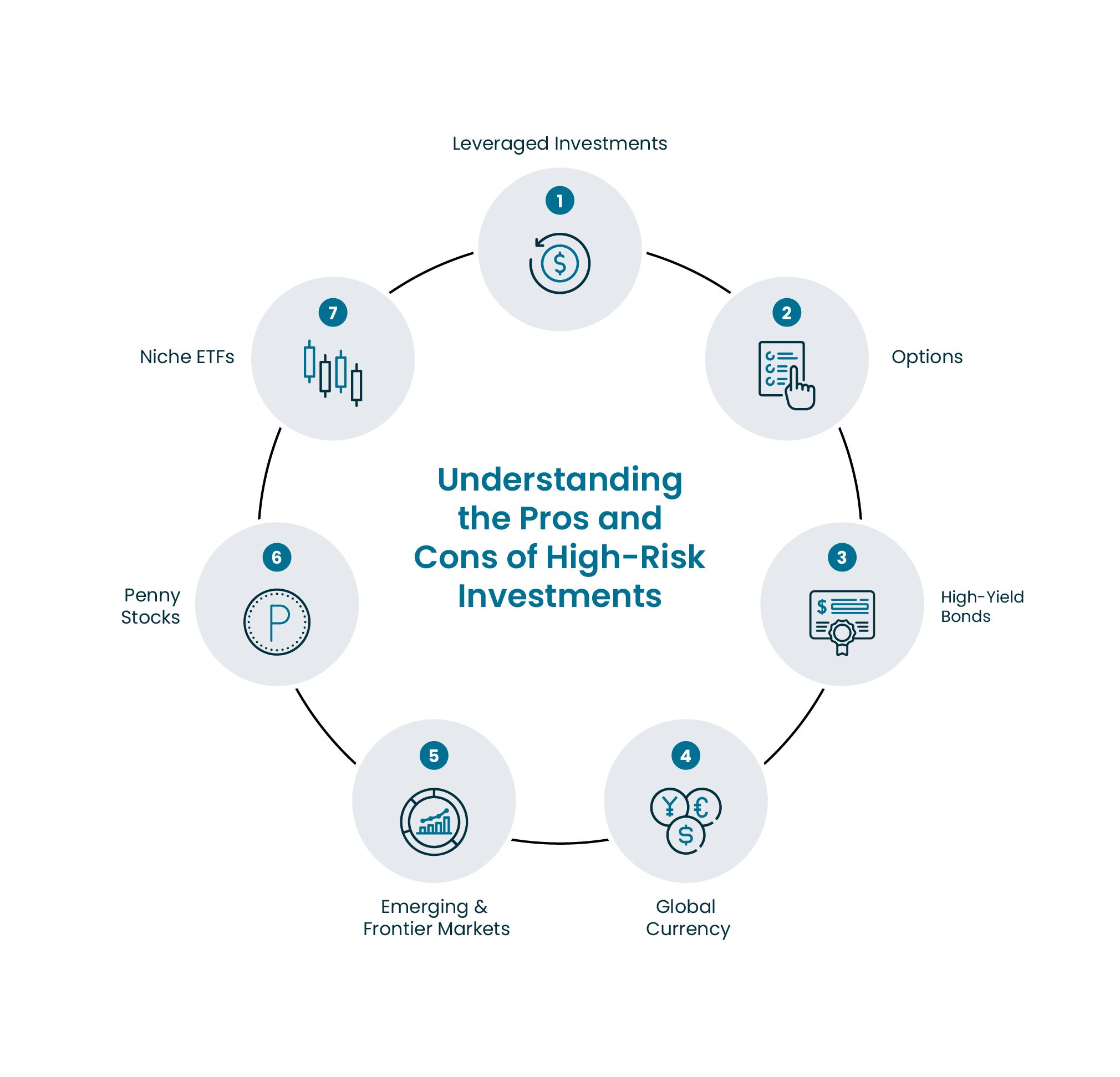5 Ways HSAs Can Bolster Your Retirement Plan
Health Savings Accounts Offer Several Benefits to Your Retirement Strategy
If you’re maxing out your 401(k) and IRA contributions, you’re likely on the road to a comfortable retirement. If you’re saving in taxable accounts, too, you’re even further ahead of the game. However, you may be missing out on an incredibly tax-efficient savings vehicle. If you truly want to bolster your retirement plan, it’s time to look into a health savings account (HSA).
Health savings accounts are the only option for triple-tax savings, meaning you can contribute pre-tax dollars, pay no taxes on earnings, and withdraw money tax-free now or in retirement as long as it’s used for qualified medical expenses. Simply put, HSAs go to work for you in three ways and provide the ultimate tax-efficiency. Read on for five ways you can fortify your retirement plan by using an HSA.









